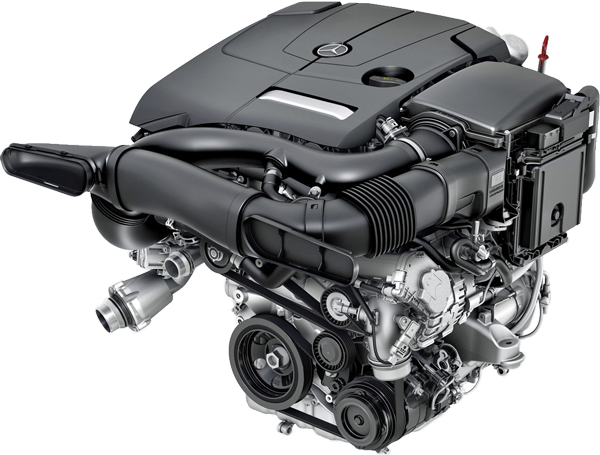The Comparative Analysis :
Mercedes E 200 7G-TRONIC PLUS (13 - 15) vs. Mercedes E 300 9G-TRONIC (16 - 19)
€ 45,000

€ 52,900

€ 45,000
Base Price ⓘBase price of a new vehicle with standard equipment in Germany at market launch.
€ 52,900
ⓘBase price of a new vehicle with standard equipment in Germany at market launch. Price Info
Vehicle Dimensions
The dimensions of these vehicles differ a little. The E 200 is 1.7 inches shorter, 0.1 inches wider and 0.2 inches taller than the E 300.
E 200
E 300
58
73
81.5
57.8
72.9
81.3
73 in
Width
72.9 in
81.5 in
Width Incl. Mirrors
81.3 in
58 in
Height
57.8 in
113.1
192.1
115.7
193.8
192.1 in
Length
193.8 in
113.1 in
Wheelbase
115.7 in
Vehicle Weight
E 200
E 300
3627 lb
Curb Weight
3649 lb
4916 lb
Gross Vehicle
Weight
Weight
5060 lb

Weight Difference:
22 lb
0.6 %

General
E 200
E 300
W212
Generation
W213
Sedan
Car Body Style
Sedan
Mid-Grade Unleaded
Fuel Type
Premium Unleaded

Rear-wheel drive
Drivetrain
Rear-wheel drive

7-speed automatic transmission
Transmission
9-speed automatic transmission
Engine
E 200
E 300
Straight-four gasoline engine with turbocharger
Engine Type
Straight-four gasoline engine with turbocharger
Mercedes-Benz M 274
Engine Series
Mercedes-Benz M 274
M 274.920
Engine Code
M 274.920


4
Valves
4
4
Cylinders
4
2 L / 98 cu in
Displacement
2 L / 98 cu in
181 hp
at 5500 rpm
Power
242 hp
at 5500 rpm
E 200
181 hp
242 hp
E 300
221 lb‑ft
at 1200 rpm
Max. Torque
273 lb‑ft
at 1300 rpm
E 200
221 lb‑ft
273 lb‑ft
E 300
Performance
E 200
E 300
145 mph
Maximum Speed
155 mph
7.9 sec
Acceleration 0 to 62 mph
6.2 sec
62 mph
62
mph
mph
361 ft
0.000 sec

E 200
62 mph
62
mph
mph
282 ft
0.000 sec

E 300
▶ REPLAY
20.04 lb/hp
Weight-to-Power Ratio
15.08 lb/hp
E 200
20.04 lb/hp
15.08 lb/hp
E 300
Fuel Economy / Emissions
E 200
E 300
Fuel Economy
41 mpg
combined
37 mpg
E 200
41 mpg
37 mpg
E 300
31 mpg
city
29 mpg
49 mpg
highway
45 mpg
15.6 gal
Fuel Tank Capacity
17.4 gal
632 mi
Range
651 mi
E 200
632 mi
651 mi
E 300
Environmental Impact
109.9 kWh
Total Energy Consumption
per 100 miles ⓘThe total energy consumption per 100 miles is the amount of energy consumed by a vehicle when burning fuel or using electricity per 100 miles (final energy), and the energy required to produce the appropriate amount of fuel or electricity (primary energy).
per 100 miles ⓘThe total energy consumption per 100 miles is the amount of energy consumed by a vehicle when burning fuel or using electricity per 100 miles (final energy), and the energy required to produce the appropriate amount of fuel or electricity (primary energy).
119.4 kWh
E 200
109.9 kWh
119.4 kWh
E 300
Euro 6b (NEFZ)
Emission Standard
Euro 6
217 g/mi (NEFZ)
CO2 Emissions
232 g/mi (NEFZ)
Practical Convenience
E 200
E 300
4
Doors
4
5
No. of Seats
5
1290 lb
Maximum Payload
1411 lb
15.3 cu ft
Trunk Volume
15.3 cu ft










No data
Cargo Volume (Seats Down)
No data

















